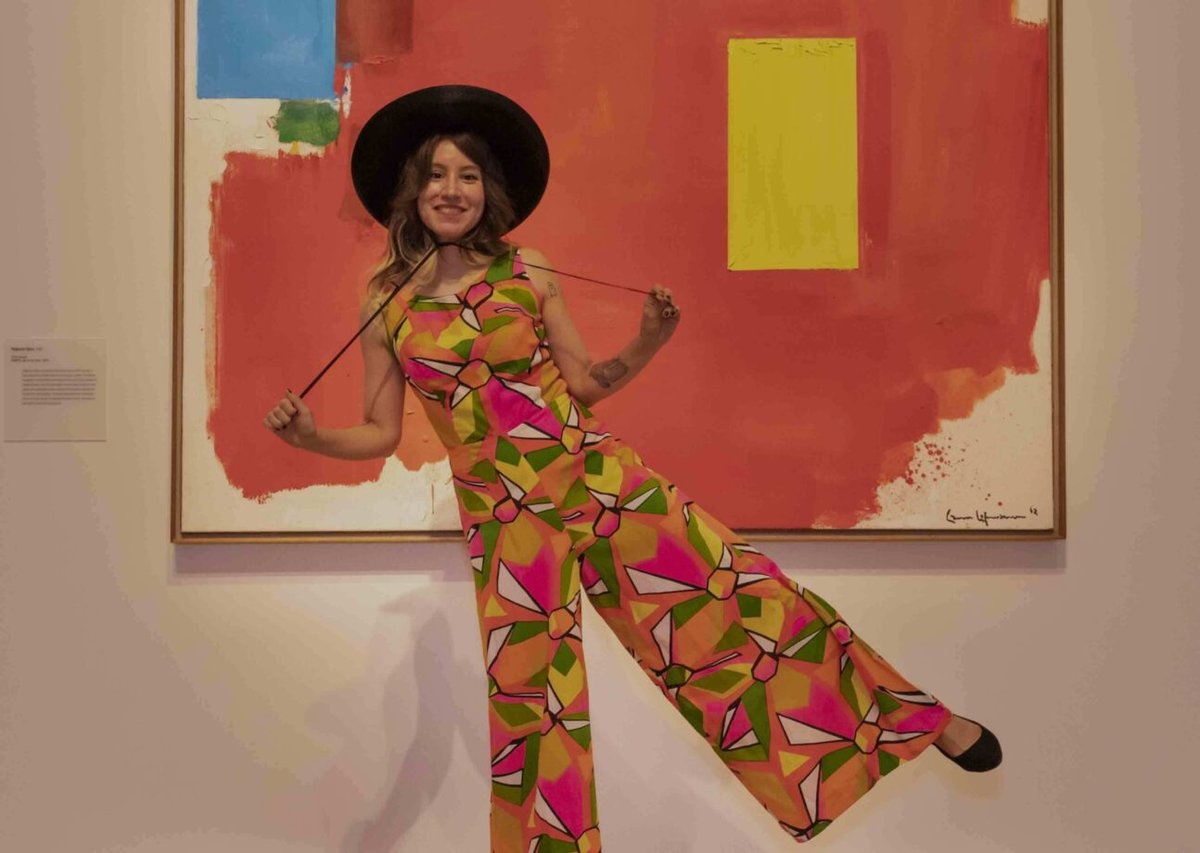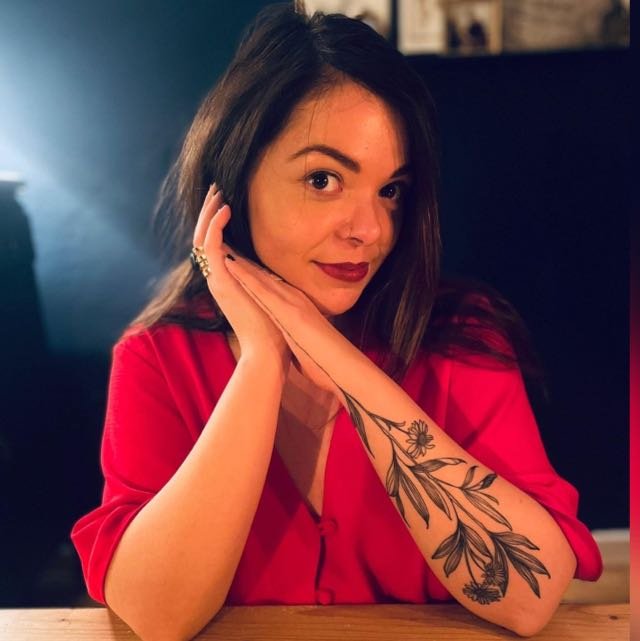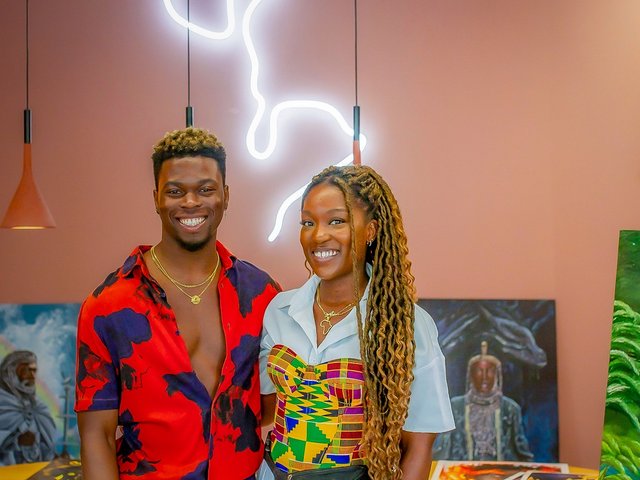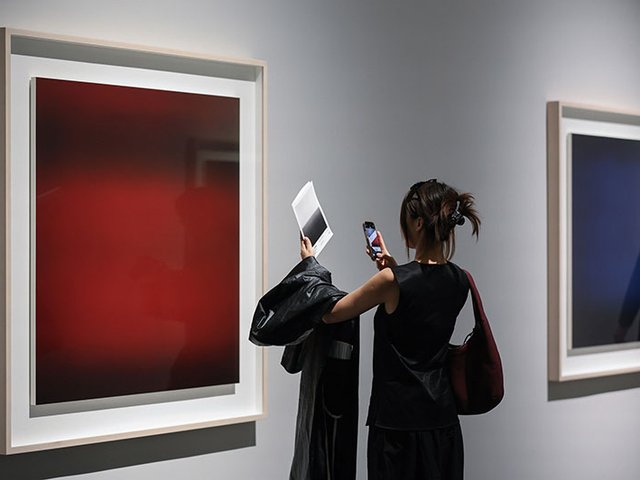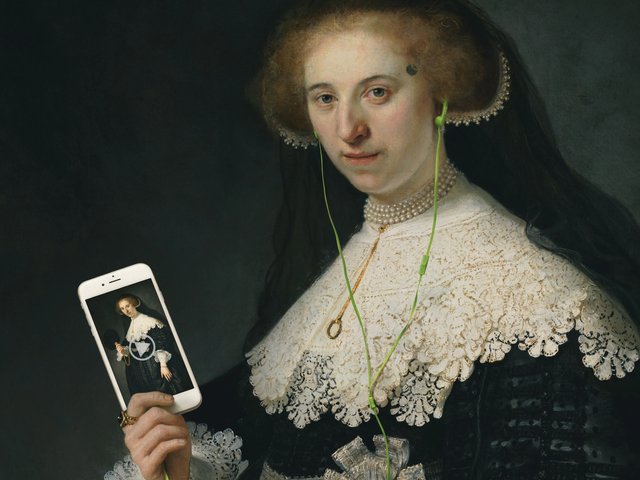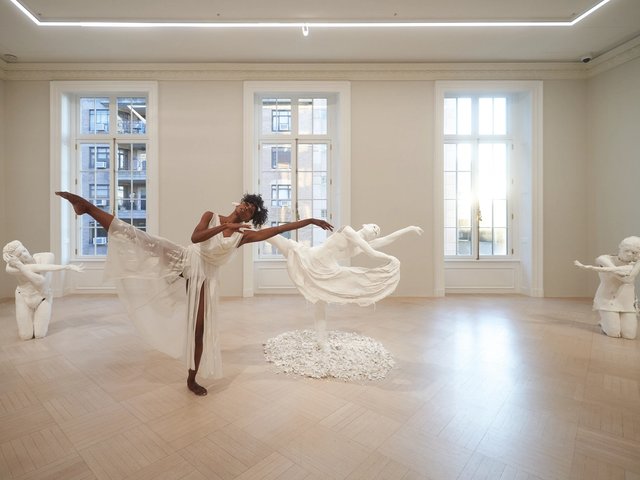Have you heard about the world’s first TikTok creator in residence? The Peabody Essex Museum in Salem, Massachusetts, launched the programme in May this year. Conscious that TikTok is the fastest growing social media channel in the world and having recently undertaken market research into attracting a younger and more diverse audience, the museum’s chief marketing officer, Derek O’Brien, and his team decided it was important to focus on the platform.
The museum published its first TikTok video in April 2022, starting off by shooting different parts of the museum and its programming. Then the social media manager, Ellie Dolan, began trying out some TikTok trends such as “Wes Anderson style” (capturing footage in the film director’s signature aesthetic of candy hues, set symmetry and face-on camera angles) and incorporating memes of the actor Pedro Pascal. “Once we started doing that, we started to see some growth there,” O’Brien says.
But with a small team, many of them not regular TikTok users, the museum decided to create the TikTok creator-in-residence programme. The full-time, paid internship-like position, which requires the candidate to work some days from the museum, was posted online in May, and the museum was flooded with applications, O’Brien says. After struggling to choose between two applicants, the team hired both for different terms: Matt Green for the summer period this year, and Vanessa Torres for the autumn.
The creators were chosen for their personalities, passion for the museum and social media content, rather than simply their follower numbers, according to O’Brien. That said, both candidates have large TikTok followings: Green is a theatre student in New York with 648,000 followers and 31.1 million likes. Torres, who has more than 8,000 followers and 112,000 likes, is a Latina beauty and lifestyle influencer. “Although that may seem untraditional for museums, the beauty of TikTok is its ability to bring together various niches and communities all in one platform,” she says.
So have the residencies been successful? According to O’Brien, since they began on 5 July, the museum has seen a 160% increase in followers and a 3,000% increase in video views. One post in particular—Green’s behind-the-scenes footage of a piece being installed in the museum’s recent exhibition The Salem Witch Trials: Restoring Justice—went viral and has had more than 123,000 views to date. Both of the museum’s TikTokers speak highly of the programme. “I loved my time at the museum; it’s truly the favourite job I’ve ever had,” says Green.
The museum plans to continue its rolling programme of in-house TikTok creators, with two more scheduled for winter and spring 2024. O’Brien hopes the museum can extend it to year-round coverage in the future.
“It has been incredibly beneficial for us and for the creators, and it’s doing wonders for our TikTok channel. We hope that people see the success of it and create similar programmes,” he says. “We want to highlight that this is a career path, that a social media content creator is an actual position that you can go after and is valued at art institutions.”


